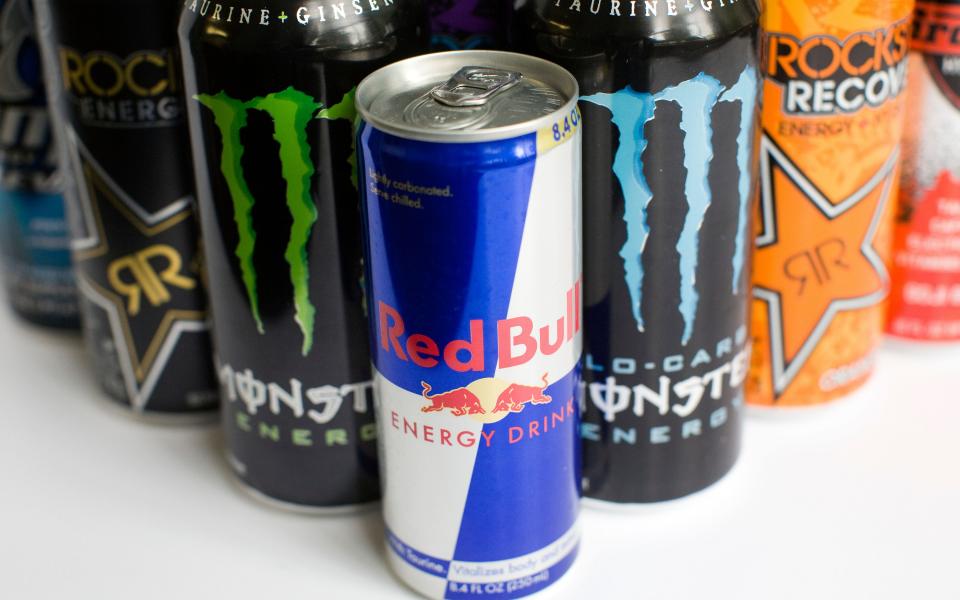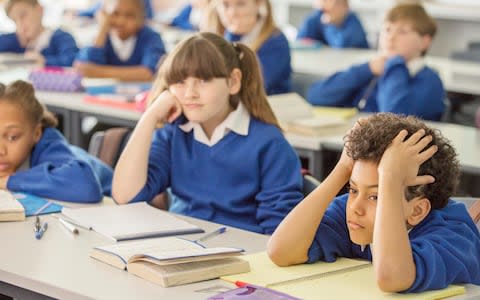Teachers call for ban on sale of energy drinks to under 16s

Teachers are calling for a ban on the sale of energy drinks to under 16s, because they contain huge amounts of sugar and caffeine and can cause headaches and palpitations.
The NASUWT, one of Britain’s largest teaching unions, described the drinks as ‘readily available legal highs’ which can trigger bad behaviour in the classroom and school yard.
It comes after researchers at Fuse, the Centre for Translational Research in Public Health, based at Teesside University, found that energy drinks were being sold to children for less money than water or fizzy drinks.
Research by Fuse found one in three young people say that they regularly consume energy drinks, which are often sold in promotions of 4 for £1, meaning young people often pool their money and buy the beverages for just 25p.
A single 500ml can of popular brands on the market can contain around 160mg of caffeine, while the European Food Safety Authority recommends an intake of no more than 105mg caffeine per day for an average 11-year-old.

Darren Northcott, NASUWT national official for education, said: “Teachers have registered concerns with the NASUWT about the contribution of high energy drinks to poor pupil behaviour as a result of pupils consuming excessive quantities of these drinks.
“They are popular among young people who often think they are just another soft drink, and young people and parents are often not aware of the very high levels of stimulants that these drinks contain.
“They are readily available legal highs sold in vending machines, supermarkets and corner shops.”
On average, young people in the UK consume more energy drinks than those in other European countries. Sales of energy drinks in the UK increased by 185% between 2006 and 2015, with 672 million litres drunk in 2015 and a total market value of over £2 billion.
The British Soft Drinks Association says the drinks have been deemed safe for youngsters.
But Dr Amelia Lake, Fuse Associate Director, dietitian and Reader in Public Health Nutrition at Teesside University, said: “What’s interesting is the young people are essentially asking why these drinks are being sold and marketed to them when we know they are not good for them.
“They are telling us that energy drinks cost less than water or pop.
“They are asking, why aren’t energy drinks age restricted like cigarettes? Why can they get them so easily? But they are also well aware there isn’t a simple solution.
“Schools have tried restricting these drinks - now it’s time to try and do something more central. These drinks are a problem and a government solution is needed.”
In a statement, the British Soft Drinks Association, which represents manufacturers, said: "Energy drinks and their ingredients have been deemed safe by regulatory authorities around the world.
"In 2010 we introduced a voluntary Code of Practice to support consumers who want to make informed choices. In 2015 this was updated to include more stringent guidelines around marketing and promoting, including reference to in and around schools."

 Yahoo News
Yahoo News 